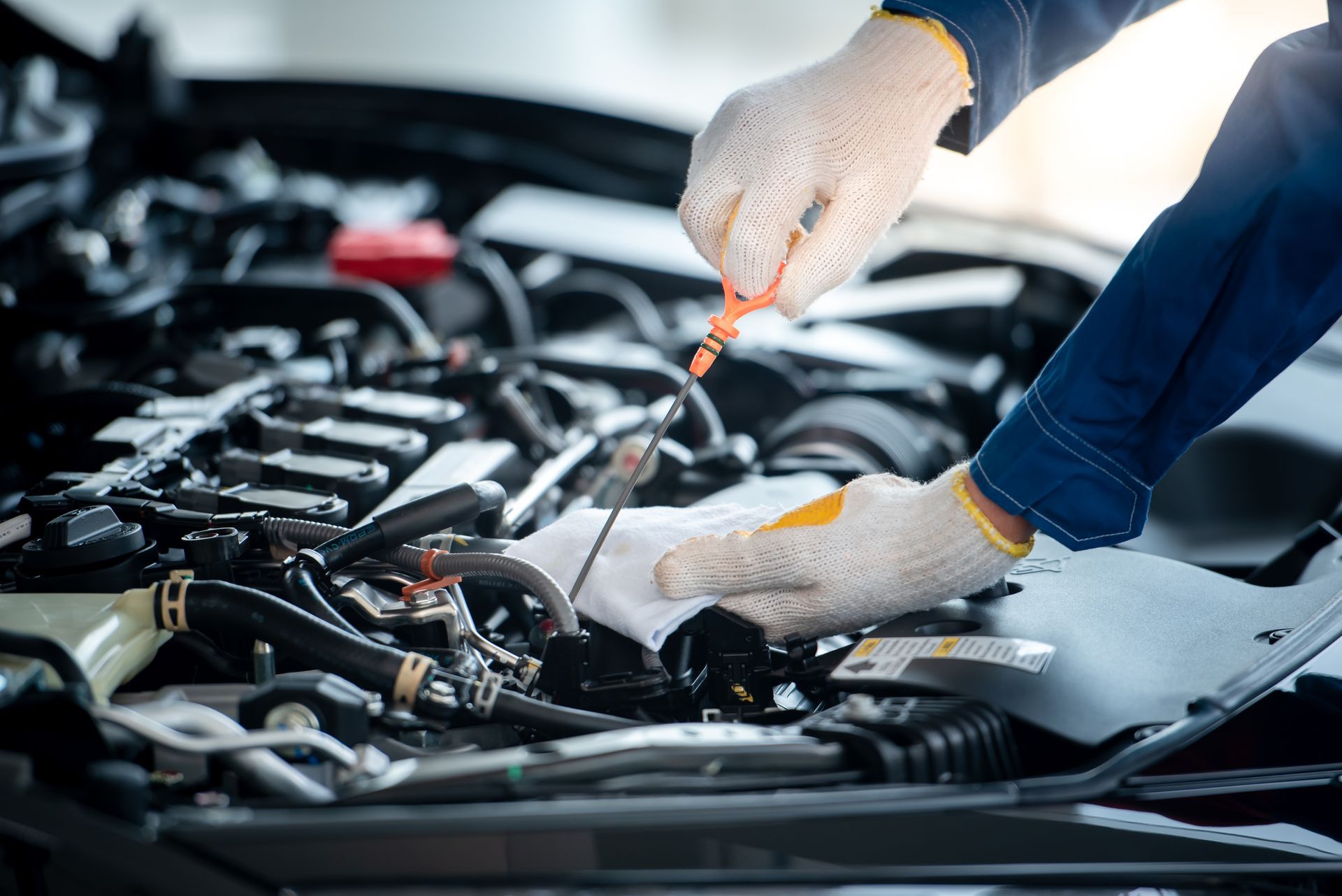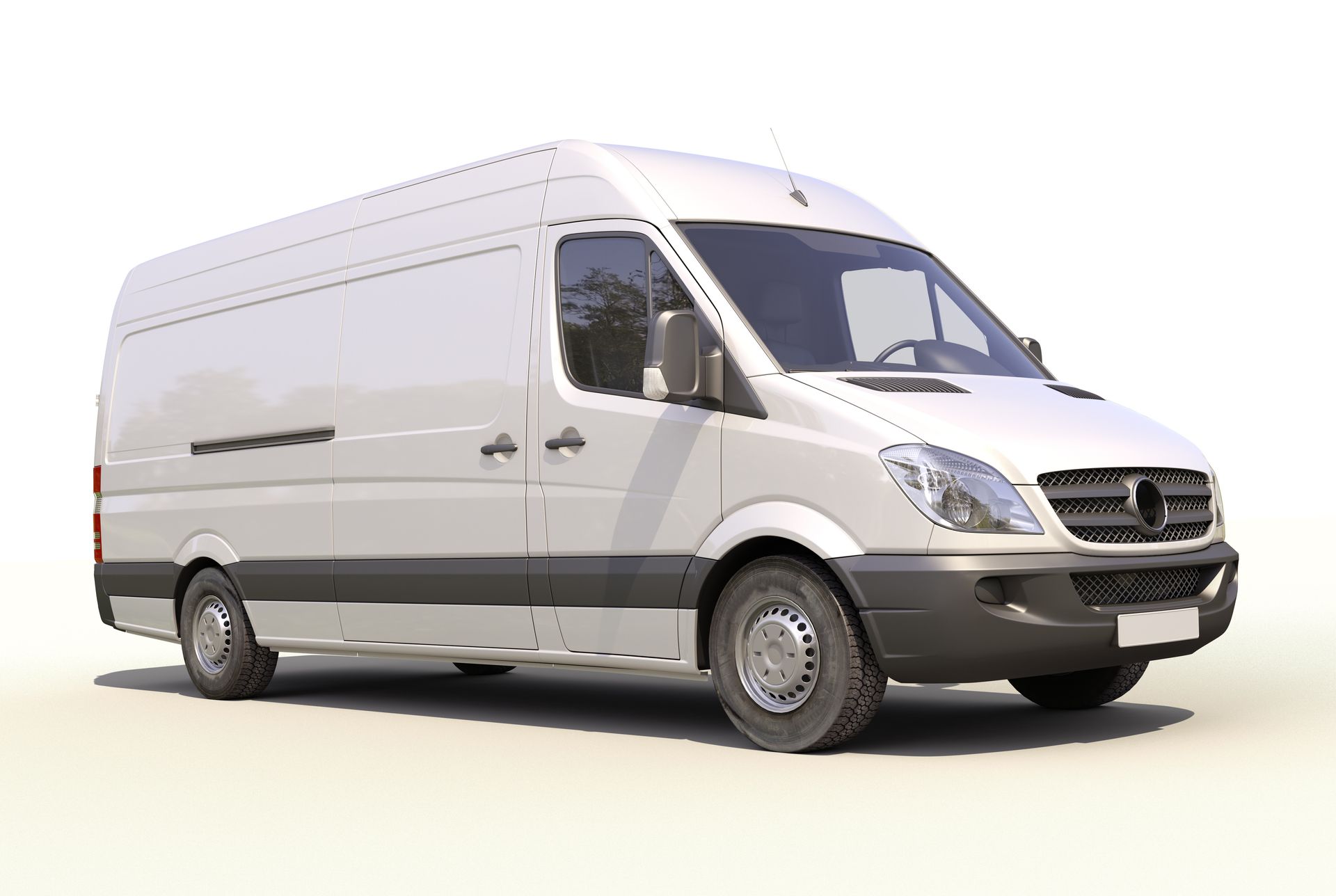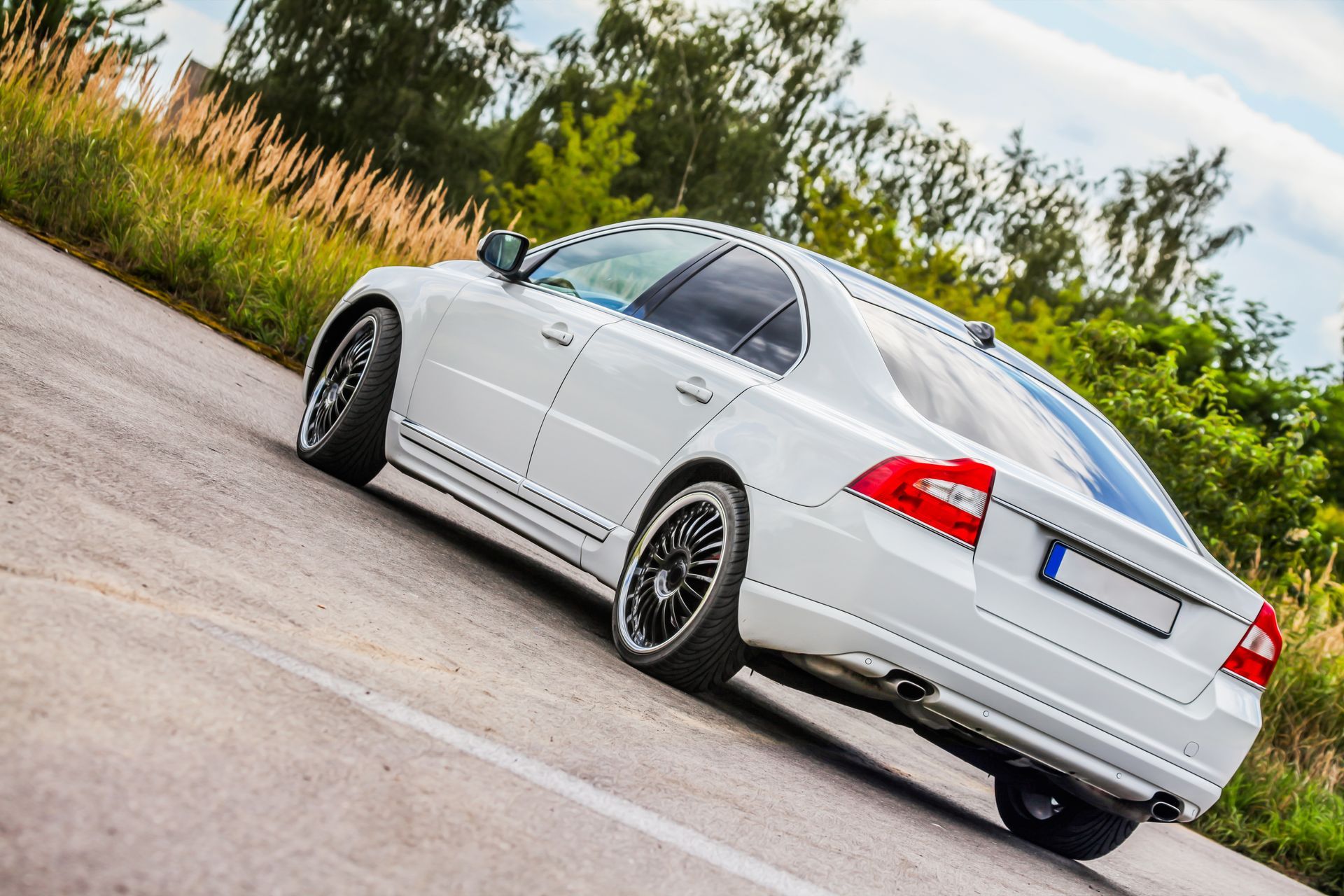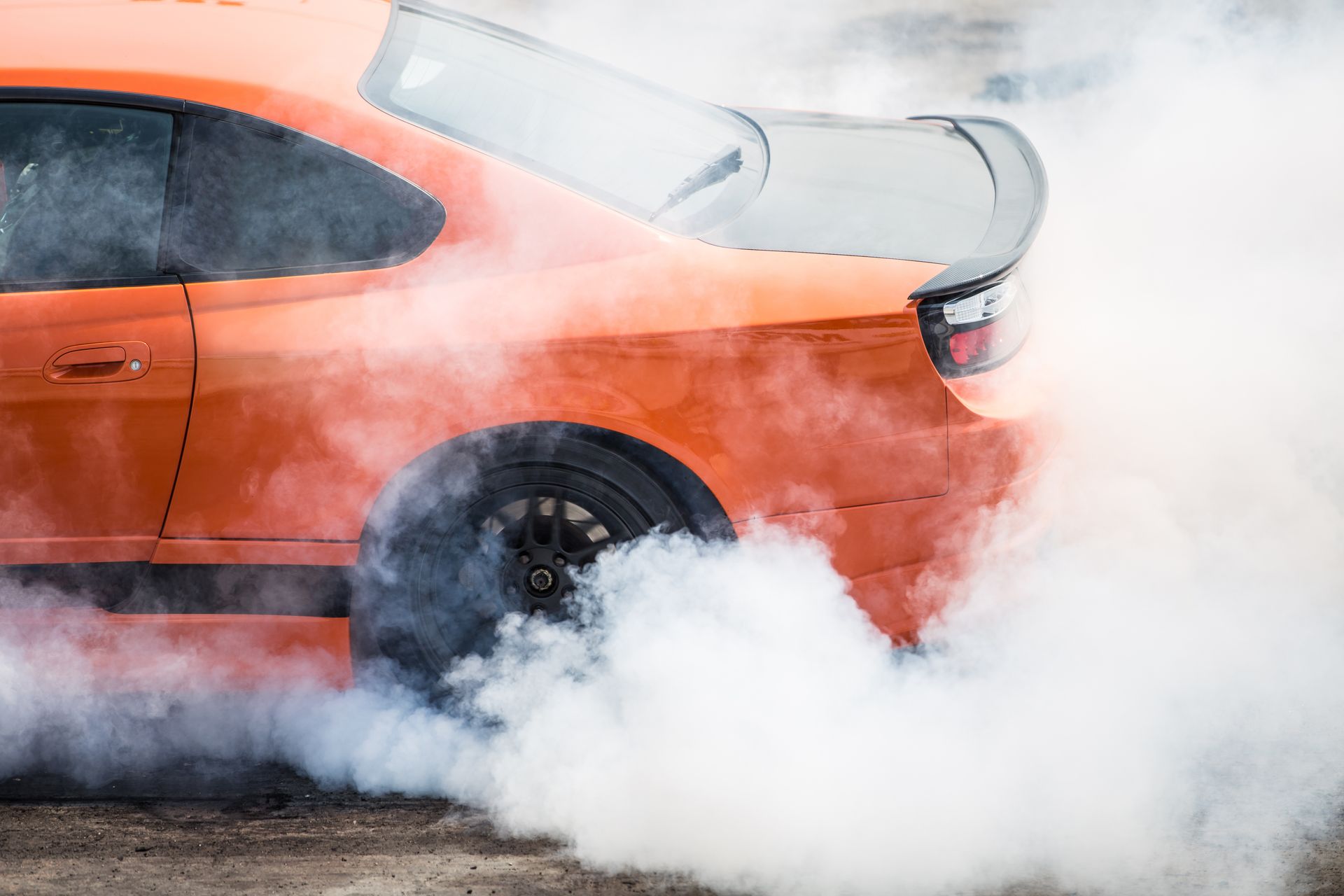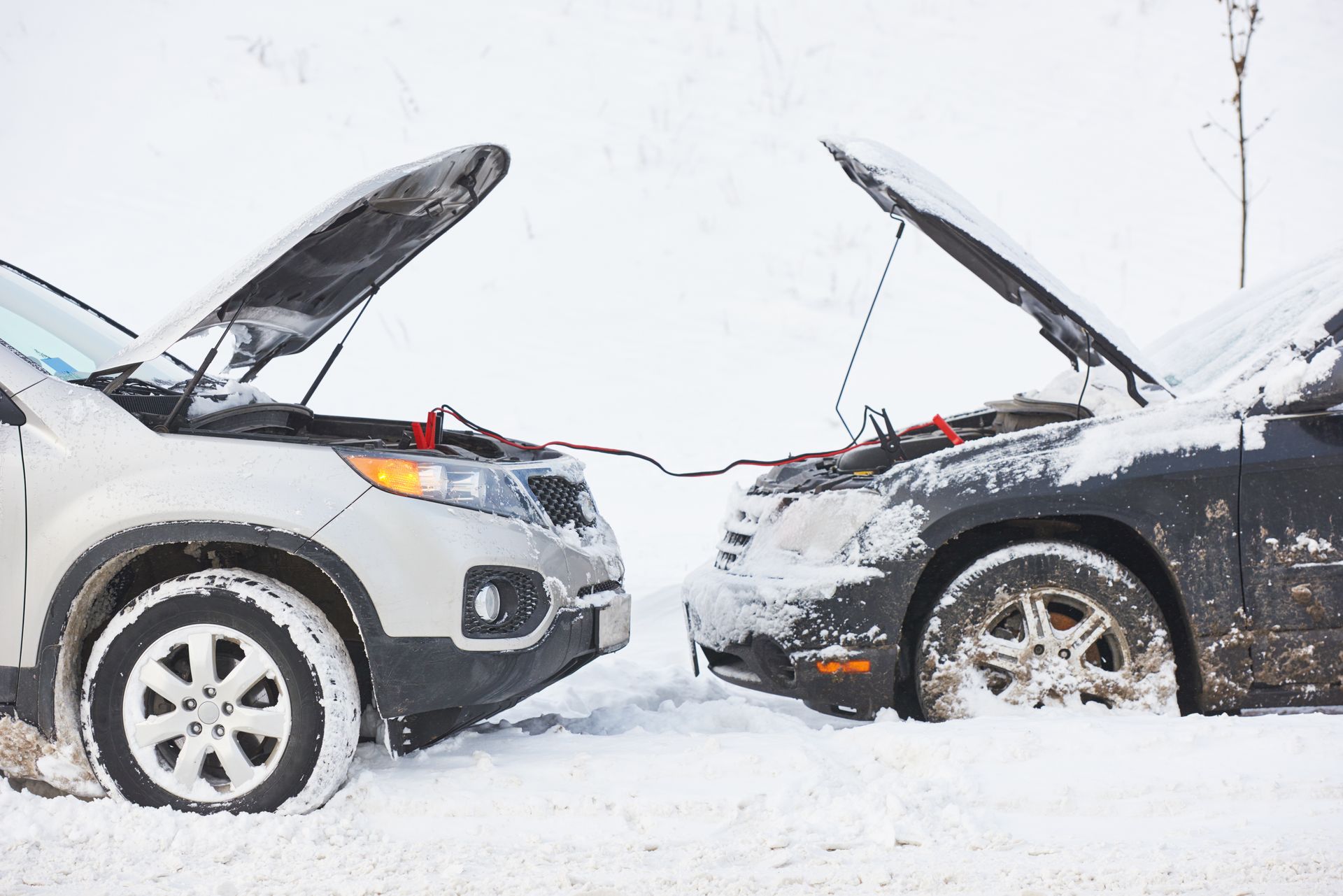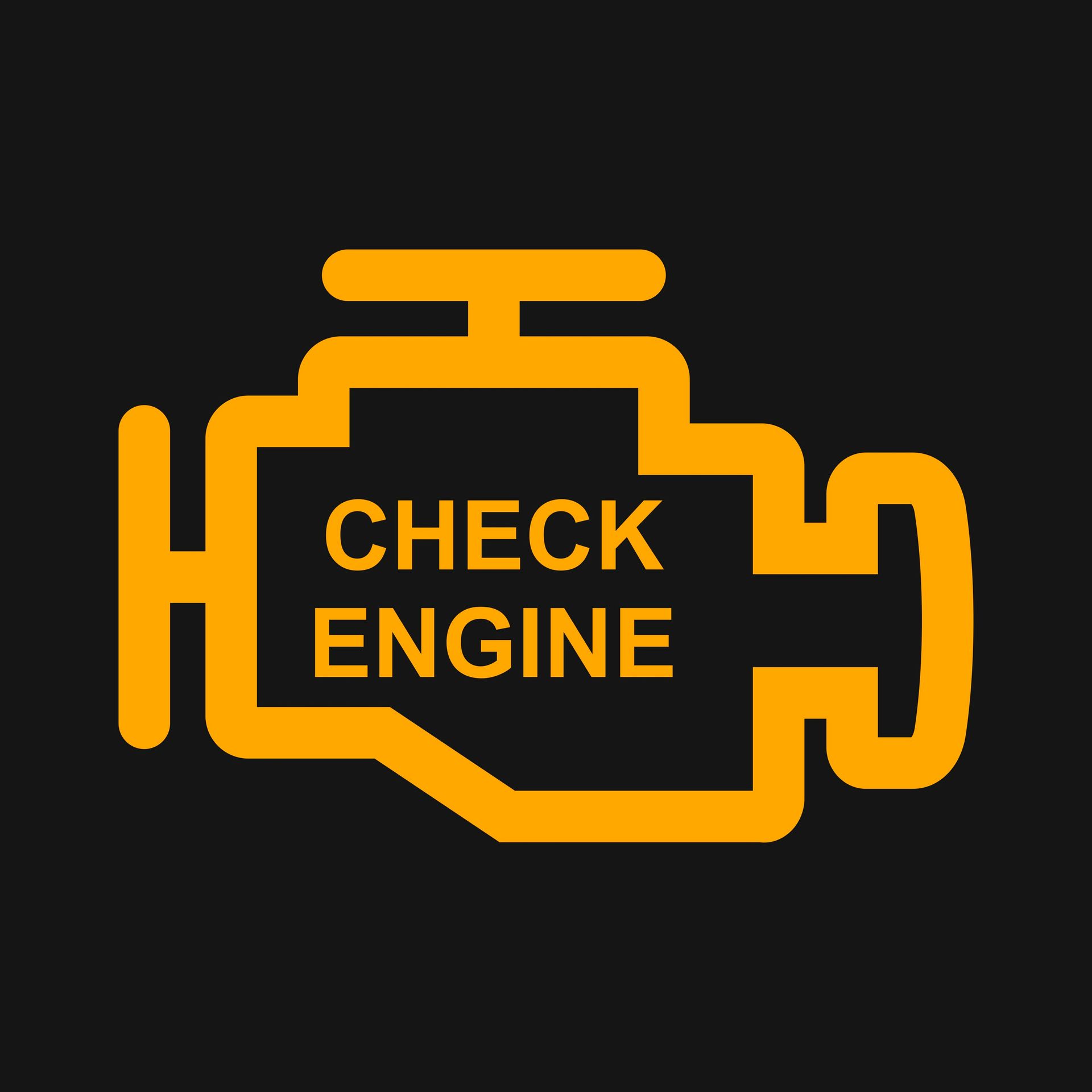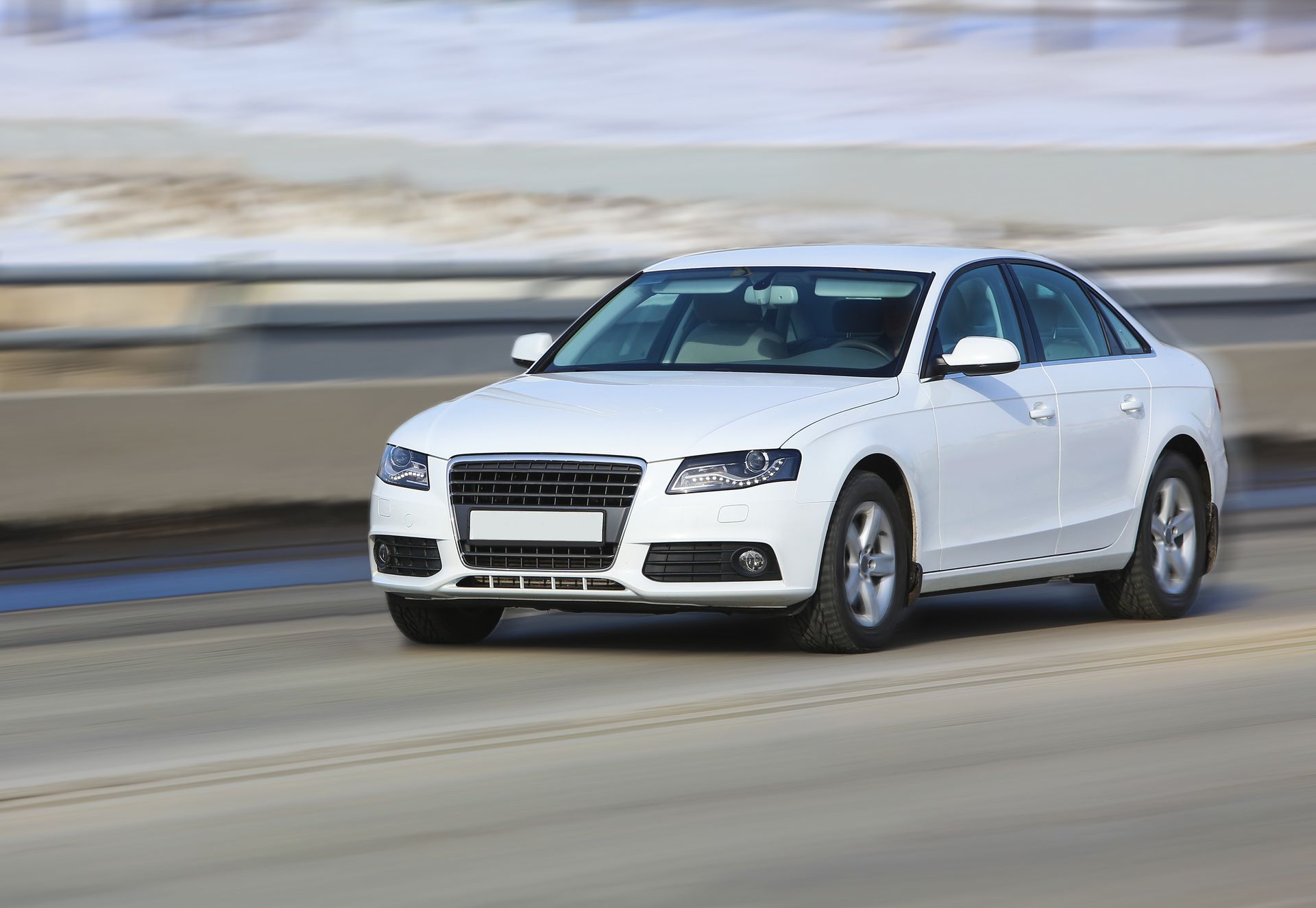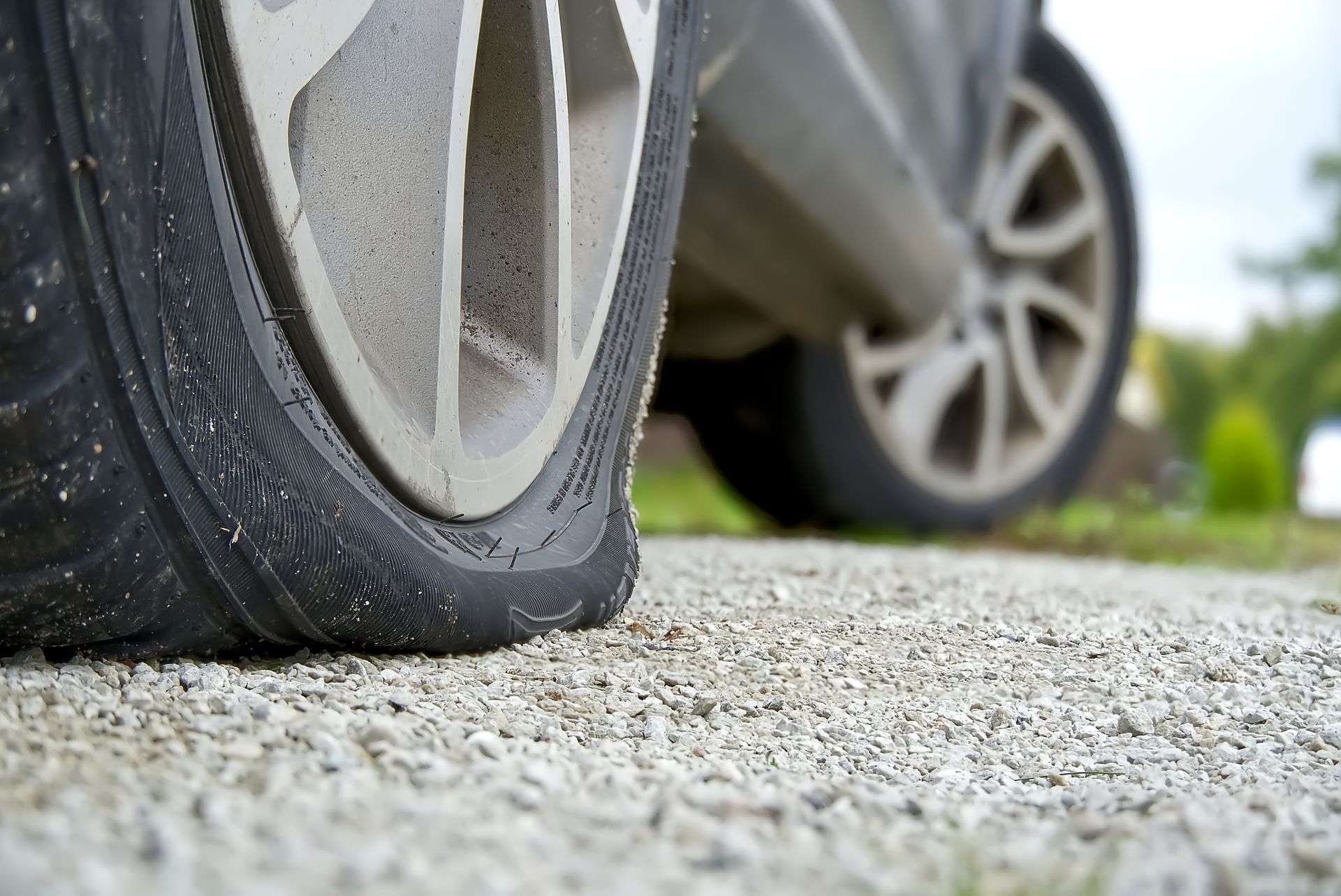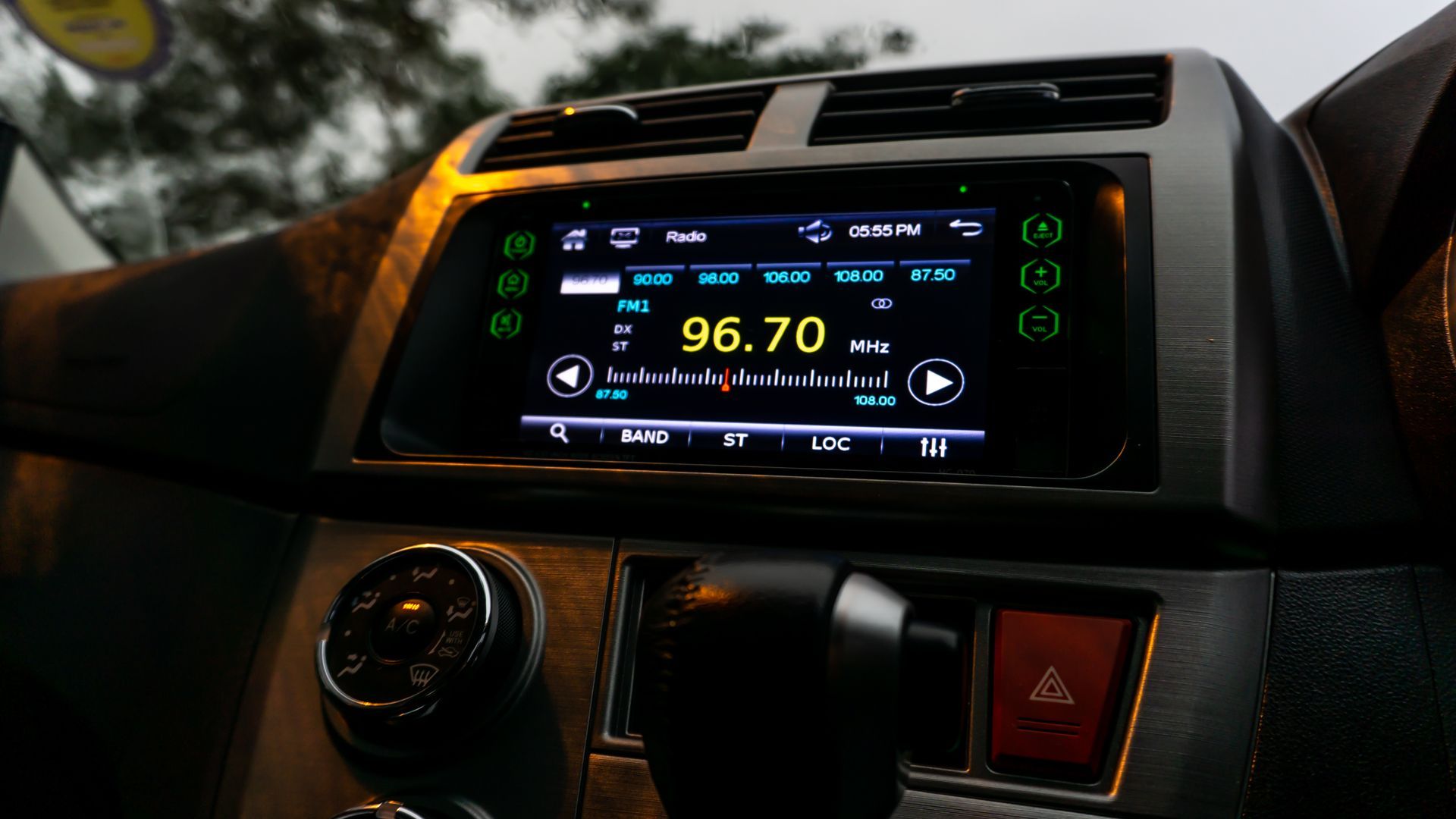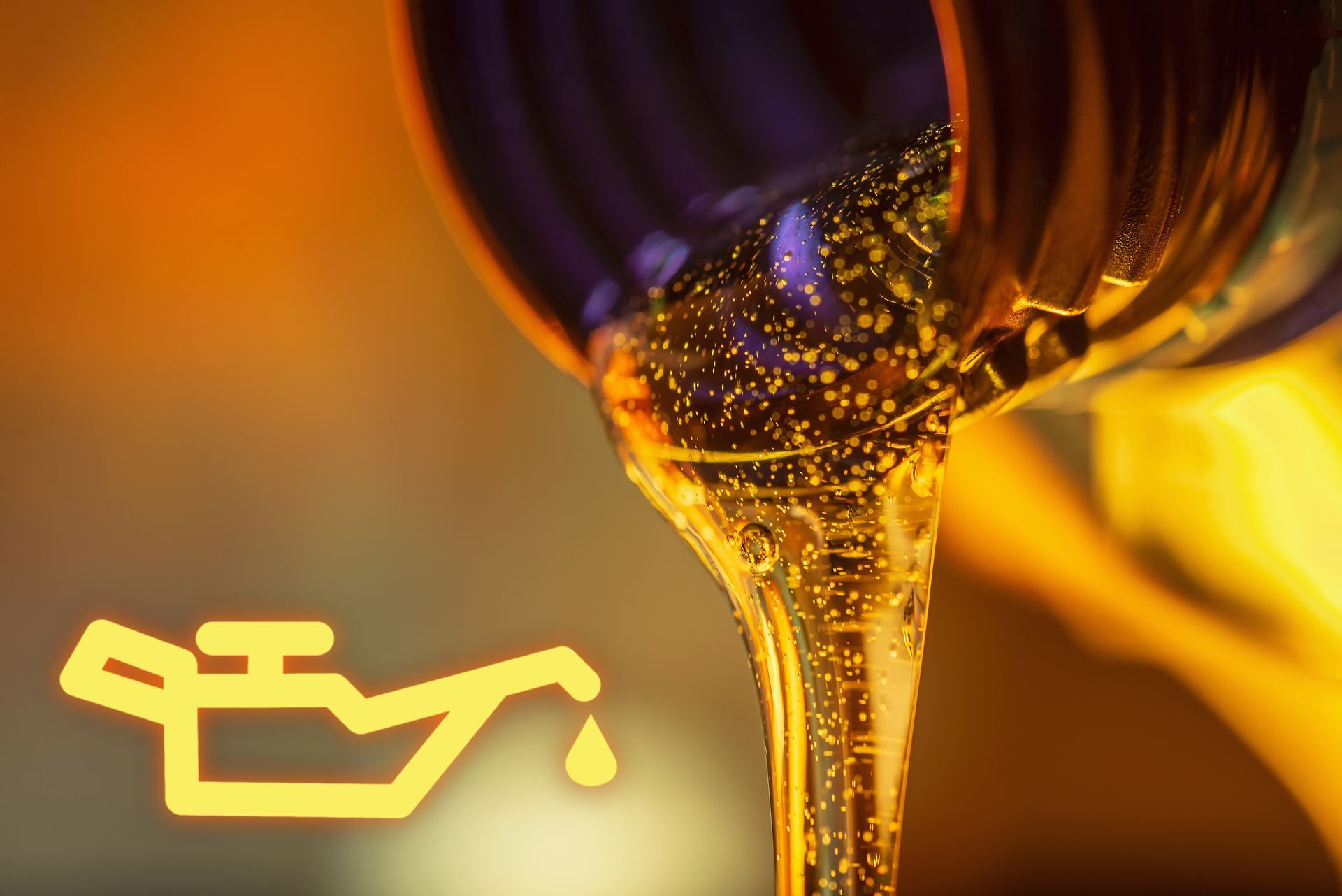Premium fuel costs more, and if you drive a European vehicle, you’ve probably wondered whether it’s truly necessary or just a suggestion. Many luxury car owners are tempted to save money at the pump by choosing regular fuel instead, especially when prices climb. But before you switch, it’s important to understand how fuel type affects performance and long-term reliability.
Let’s look at why premium fuel is recommended for European cars, what happens if you use regular instead, and how to know what’s right for your specific vehicle.
What Is Premium Fuel, and How Is It Different
Premium fuel has a higher octane rating than regular gas. Octane measures how resistant the fuel is to premature ignition, also called knocking. Most regular fuel in the United States has an octane rating of 87, while premium fuel is rated at 91 or higher.
Knocking happens when fuel combusts too early in the engine’s cycle, which can reduce performance and cause damage over time. Higher-compression engines, which are common in European models, are more prone to knocking and are designed to run on fuel that resists it.
Why Most European Cars Require Premium
European carmakers, such as BMW, Audi, Mercedes-Benz, and Porsche, design engines with higher compression ratios and turbochargers to enhance power and efficiency. These engines are finely tuned and engineered to operate best with high-octane fuel.
Using premium fuel ensures the engine maintains its intended performance and avoids knocking under load or acceleration. It also supports cleaner combustion, which can help protect sensitive components like the catalytic converter and oxygen sensors.
What Happens If You Use Regular Fuel
If your car’s manual specifies premium fuel as “required,” using regular gas can cause knocking, poor acceleration, and even engine damage over time. You might also notice reduced fuel economy or sluggish throttle response. Over the long run, this can lead to carbon buildup, misfires, and costly repairs.
If premium is “recommended” but not required, you can usually use regular gas without immediate harm. However, the car may adjust timing and other parameters to compensate, which could reduce power and efficiency.
Many modern vehicles have knock sensors that enable them to adjust ignition timing; however, this safety feature is not a substitute for using the correct fuel. It helps prevent damage, but it won’t deliver the same performance.
How to Know What Fuel Your Car Needs
The best place to start is your owner’s manual. It will tell you whether premium fuel is recommended or required. You may also find a label inside the fuel door indicating the proper octane rating.
Some vehicles display reduced performance warnings on the dash when lower-grade fuel is used. These messages are worth paying attention to. If your engine is tuned for high performance, giving it the correct fuel keeps it running as intended.
Is Premium Fuel Worth the Extra Cost
If your European car requires premium fuel, skipping it could cost more in the long run through reduced reliability and expensive repairs. The few dollars saved at each fill-up can quickly be offset by reduced fuel efficiency or engine wear.
For cars that recommend premium, not require it, the decision comes down to driving habits and priorities. If you enjoy the vehicle’s full performance or plan to keep it for many years, using premium can help preserve engine health and driving feel.
Protect Your Engine With the Right Fuel at EuroPro Automotive in Spokane Valley, WA
European vehicles are known for precision, performance, and refined driving. Keeping them running smoothly means following fuel recommendations and paying attention to how your car responds.
At EuroPro Automotive in Spokane Valley, WA, we specialize in European vehicles. Whether you have questions about fuel type, engine performance, or want to schedule a tune-up, our team has the knowledge and tools to help.
Drive with confidence knowing your car is getting the care it was built for. Book your next service today.

